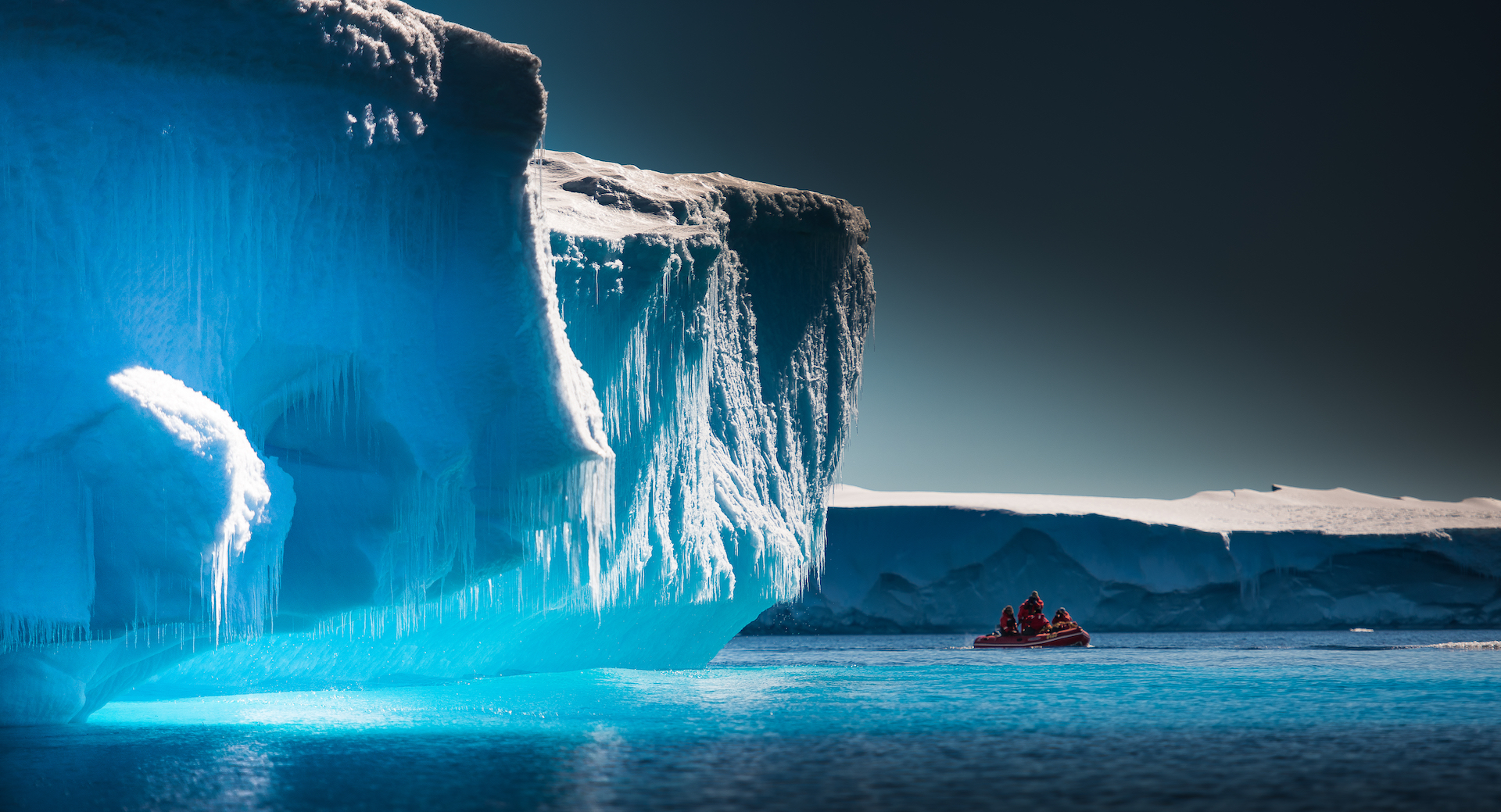
Antarctica’s future is determined by the choices we make now
Antarctica’s future is determined by the choices we make now. Unless significant measures are taken to reduce greenhouse gas emissions, the continent of Antarctica could soon be irreversibly damaged.
A new study conducted by an international team of researchers led by Imperial College London assessed Antarctica’s future under two different scenarios and found that decisions made in the next ten years will determine the full extent of how climate change impacts Antarctica.
The results, published in the journal Nature, show that unless a concerted effort is made to protect Antarctica from climate change it could cause worldwide ramifications.
Warming temperatures could drive melting of the Antarctic ice sheet and cause catastrophic sea-level rise, as well as increase ocean acidification which would make life difficult for marine wildlife.
For the study, the researchers modeled Antarctica’s future under both a high and low emissions scenario.
The first scenario examined how the continent would react if CO2 emissions rose unabated and governments took advantage of Antarctica’s resources through mining and tourism.
The second scenario considered how Antarctica would fare if strict regulations were put in place to mitigate climate change and investments were made in scientific research.
“Some of the changes Antarctica will face are already irreversible, such as the loss of some ice shelves, but there is a lot we can prevent or reverse,” said Martin Siegert, a co-author of the study. “To avoid the worst impacts, we will need strong international cooperation and effective regulation backed by rigorous science. This will rely on governments recognizing that Antarctica is intimately coupled to the rest of the Earth system, and damage there will cause problems everywhere.”Antarctica’s future is determined by the choices we make now
The researchers found that if carbon emissions increase, ice sheet loss in Antarctica could contribute 25 centimeters to sea level rise by 2070. Summer sea ice would reduce by 50 percent which, combined with ice shelf collapse, would lead to an increase in freshwater in the surface waters near Antarctica and change ocean currents.
The warmer ocean temperatures would also increase ocean acidification and threaten marine wildlife.
There’s also a possibility that population increases will lead to mining operations in Antarctica and permanent tourist attractions that will degrade the environment, and lead to pollution and the introduction of invasive pests.
However, if emissions are regulated and global warming limited, it would help reduce ice sheet loss and minimize the impacts of climate change.
The study emphasizes the importance of reducing emissions and shows how much Antarctica influences the global environment. Governments must work with researchers to continue to protect and manage Antarctica’s precious and unique ecosystem.
—
By Kay Vandette, Earth.com Staff Writer













